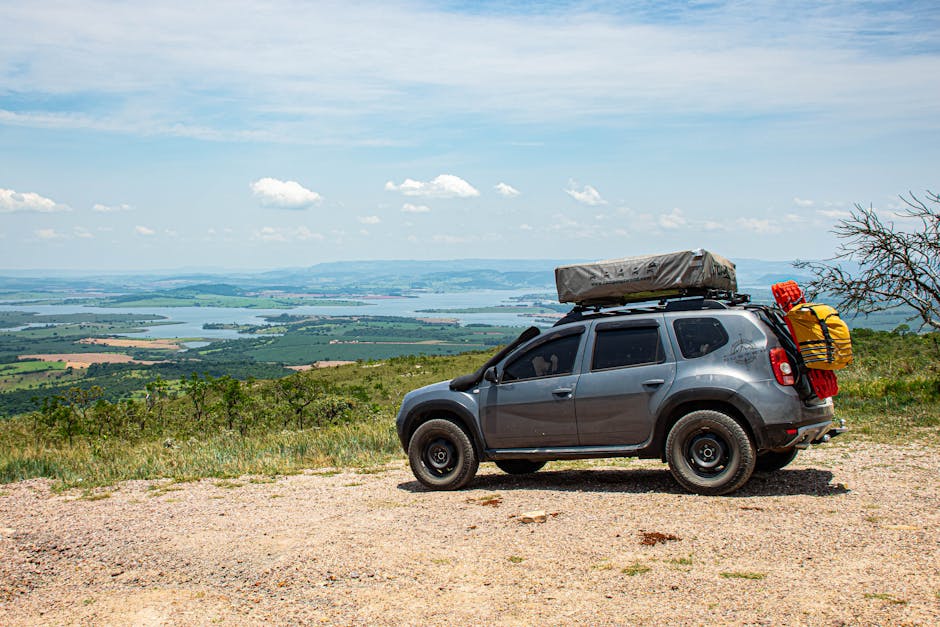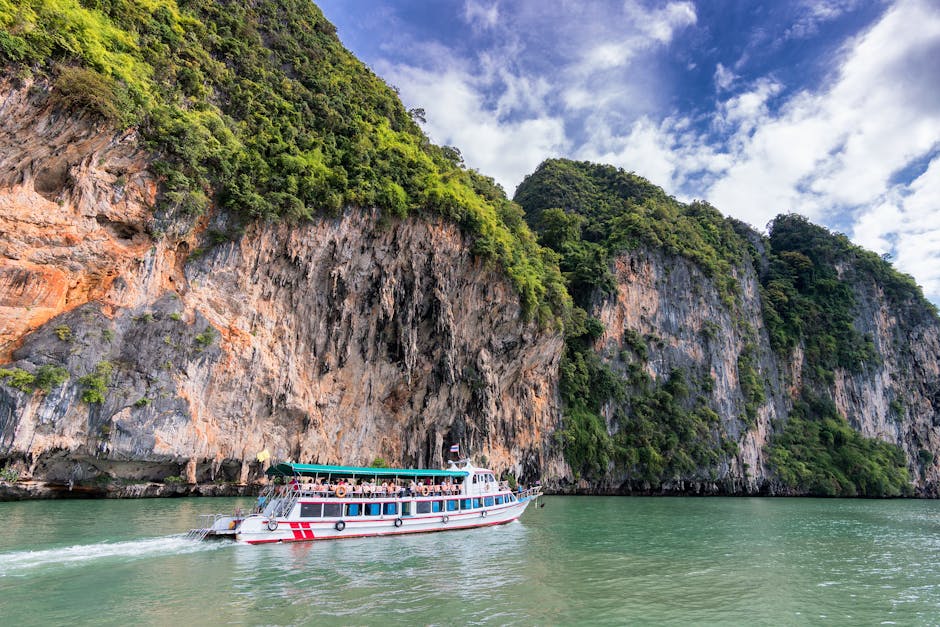A kaleidoscope of tie-dye and unfettered wanderlust – that's the romanticized vision of the "hippie traveler," a notion far removed from my own, more nuanced reality. Yes, youthful zeal pulsed through me, a vibrant current. But alongside that ecstatic energy bloomed a burgeoning awareness: my actions had repercussions, a profound impact on this spinning blue marble we call home. The Earth wasn't simply a boundless playground for my hedonistic pursuits; it was an intricate, delicate ecosystem demanding reverence, a sacred tapestry woven from fragile threads.
Initially, my peregrinations were utterly chaotic, a whirlwind of impulsive bus rides. Kindness from strangers fueled my adventures, but my blithe unconcern contributed heavily to the plague of overtourism in beloved locales. Thailand's once-pristine beaches remain etched in my memory; overflowing trash cans mocked the idyllic paradise depicted on those glossy postcards. A stark epiphany struck: mere observation was insufficient; I needed to learn responsible engagement.
The Himalayan kingdom of Nepal, in a remote village clinging to a mountainside, became my crucible. Witnessing the corrosive impact of unchecked tourism firsthand was an unforgettable, soul-wrenching experience. The insidious erosion of local traditions due to commercial pressures, the environmental devastation wrought by carelessly discarded refuse, and the yawning chasm of economic inequality between visitors and the indigenous population—these weren’t simply aspects of some bohemian fantasy. This was a community grappling with the crushing weight of unsustainable practices, their very existence threatened.
This harrowing encounter spurred a profound metamorphosis in my approach. I embraced the philosophy of "slow travel," allowing myself to become thoroughly immersed in the unique fabric of each place I visited. Instead of relying solely on the clinking of coins, I learned the art of bartering, exchanging skills and creating genuine bonds with the locals—relationships built on mutual respect and shared understanding. My perspective shifted: travel wasn't a conquest, a personal triumph, but a reciprocal exchange – a communion of experiences and differing viewpoints.
This transformation demanded a fundamental shift in my mindset – abandoning a consumerist mentality in favor of conscious, active participation. Forget the relentless pursuit of the "perfect Instagram moment!" My focus shifted to forging authentic connections, leaving a positive imprint on the lands I traversed. This meant deliberately seeking out eco-conscious lodges, patronizing locally owned businesses, and actively engaging in community projects, however small—from beach cleanups to assisting with local initiatives.
Minimalism became my guiding principle. I shed superfluous belongings, both physical and metaphorical. The accumulation of countless "souvenirs" felt like a suffocating weight, a constant reminder of the very consumer culture I had striven to escape. Instead of accumulating trinkets, I cultivated memories—vibrant interactions, breathtaking panoramas, and the profound satisfaction of leaving a place more beautiful, more vibrant than I had found it. It was akin to a snake shedding its skin, leaving behind the old, unsustainable ways to embrace a lighter, more thoughtful, and environmentally responsible way of exploring the world.
Consider this: my early travels resembled a raging wildfire, uncontrolled and destructive in its wake. My subsequent journeys were more like a slow-burning ember—radiating warmth and light without causing widespread devastation, illuminating the path to a more sustainable, ethically conscious approach to experiencing the wonders of our shared planet.
Far out, man, my travel metamorphosis wasn't just some personal pilgrimage; it was a cosmic awakening to our shared responsibility as planetary stewards. Sustainable travel isn't some fleeting fad, no way – it's utterly essential, a survival imperative. Unbridled mass tourism's impact? Devastating, a total bummer, from resource depletion to the cultural evisceration of indigenous communities.
Picture Gaia, our Earth Mama, as a magnificent, intricately woven macramé. Each vibrant strand represents a unique community, a fragile habitat, a precious cultural heritage. Rampant, unsustainable tourism threatens to unravel this exquisite tapestry, leaving a fragmented, impoverished world in its wake. Conversely, mindful travel strengthens these threads, ensuring our planet's enduring beauty and resilience. It's like tending a sacred garden, not trashing it.
This ain't about sacrificing groovy adventures, my friend. It's about reimagining travel itself, about experiencing the world with profound respect and awareness, acknowledging that our actions have ripple effects across time and space. Choosing conscious travel isn’t merely ethical; it’s a deeply enriching, transformative journey for the soul.
The most profound lessons I learned weren't from stuffy textbooks or corporate seminars; rather, they blossomed in remote villages, on sun-kissed beaches, and during quiet moments of soul-searching. These experiences revealed the profound value of genuine human connection, the beauty of simplicity, and the potent power of leaving a positive imprint on the world. It's about living with intention.
Think of it this way: a pristine river flows freely, nurturing life and the land. Unsustainable tourism is like erecting a concrete dam, diverting its lifeblood, disrupting the intricate ecological balance. Sustainable tourism, on the other hand, is akin to thoughtfully managing the river's flow, ensuring it continues to nourish both the land and the communities it sustains. It’s about finding that sweet spot – harmonious co-existence between human enterprise and environmental preservation. The impacts of tourism on the environment are well documented.
Initially, embracing sustainable travel might feel daunting, like learning Sanskrit. But with committed effort and a willingness to adapt, it becomes second nature, a way of being. Begin small. Thoroughly research your destinations, opt for eco-lodges and homestays, patronize local businesses, minimize your waste footprint, and engage respectfully with local cultures. Each conscious choice contributes to a larger wave of change, creating a ripple effect that transforms our relationship with the planet. The importance of responsible tourism is increasingly recognized.
The magic of sustainable travel lies in its power to transform both the traveler and the destination. It cultivates mutual respect, fosters vibrant cultural exchange, and safeguards our precious Earth for generations to come. It's not just about ticking off destinations on a bucket list; it's about leaving a positive legacy, a world slightly better than we found it – a far more rewarding souvenir than any trinket. For more ideas on how to recharge through active travel, check out Unlock Your Inner Adventurer: Active Vacations That Actually Recharge You. If you're looking for inspiration for your next trip, consider exploring Adventure Travel: Unlocking Your Inner Explorer (Without the Instagram Filter). For those seeking solitude, Adventure Destinations for the Introverted Explorer: Finding Solitude in the Wild offers some amazing options. Planning a trip with friends? Unlocking Your Inner Explorer: Small Group Adventures That Rewire Your Brain provides valuable insights. And for those seeking an off-the-beaten path experience, Escape the Algorithm: Rediscovering Joy on Forgotten Backroads may be your perfect escape.






